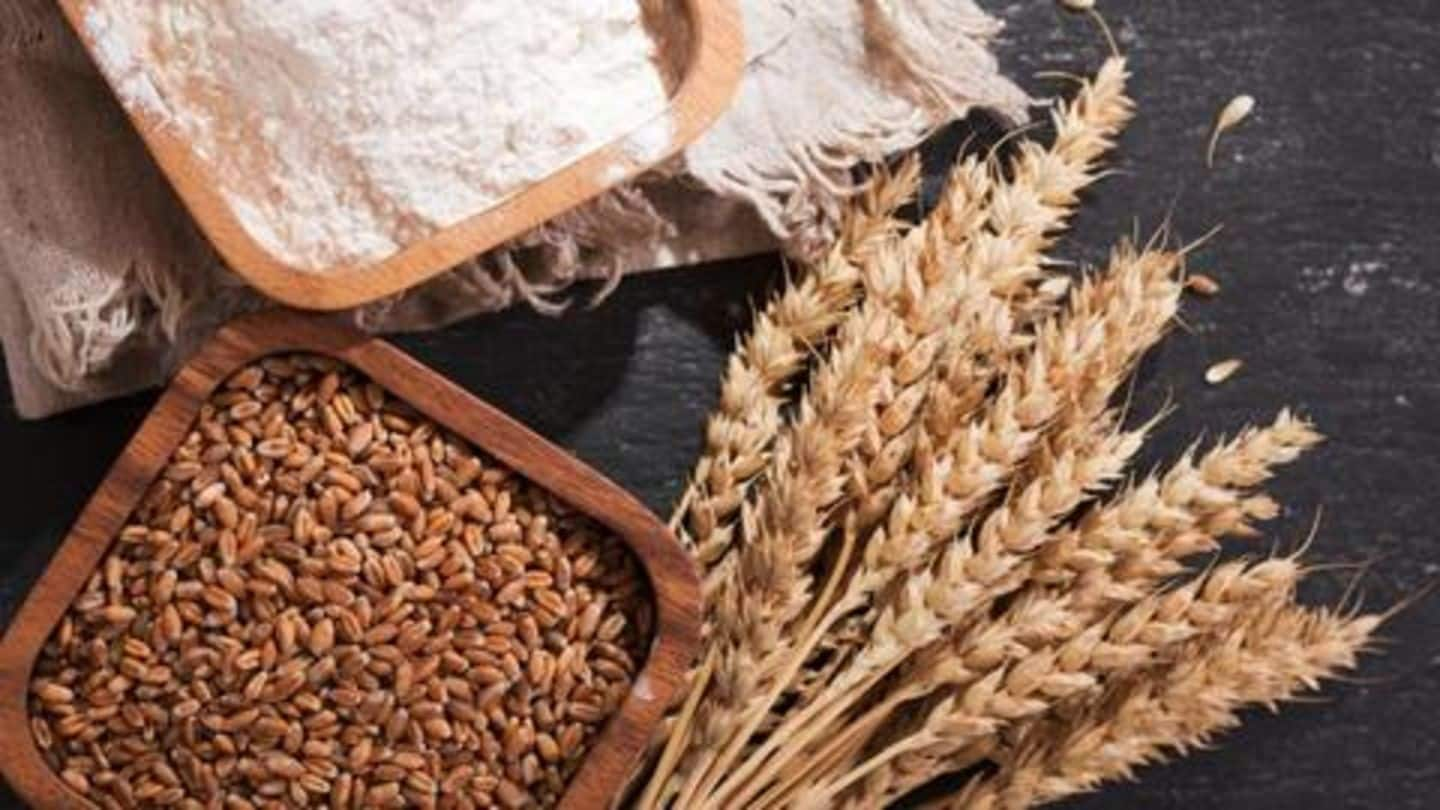
Wheat allergy: What to eat and what to avoid
What's the story
A wheat allergy occurs when your immune system responds abnormally to wheat consumption because of the protein found in it. Wheat and wheat products are found in many food items. What you need to do is read the labels carefully before buying and consuming anything. So if you have wheat allergy, here are some foods that you should and shouldn't eat.
#1
Breads and cereals: Here's what to eat and avoid
Avoid whole wheat, white bread, gluten bread, donuts, muffins, French toast, waffles, pancakes, dumplings, bread stuffing, rusk, biscuits, cornbread, potato, soybean bread, pretzels, and crackers. However, you can have rice wafers, pure corn, rice, barley, potato, cornmeal, cornstarch, soybean flour, barley flour, oat flour, rice flour, potato starch, oatmeal, and other cereals made from pure corn, oats, or rice (with no added wheat).
#2
Desserts and drinks: What you can and cannot have
Avoid pastries, cakes, ice cream, sherbet, cookies, and other packaged desserts that include wheat flour. Instead, go for custards, cookies, and other desserts prepared without wheat and its products. Talking of beverages, you should avoid cereal drinks, coffee substitutes and other drinks made from wheat products (beer, root beer etc). However, you're free to have coffee, tea, fruit juices, milks, cocoa, and carbonated drinks.
#3
Here are some other foods you can and cannot have
Furthermore, you shouldn't be eating floured meats, noodles/macaroni, or other pastas prepared from wheat. Also avoid chocolates and malt products. However, you can still have egg products (made without wheat), butter, frozen fruits, or baked/boiled/fried meats and fishes, milk, buttermilk, yogurt, cheese, cottage cheese, corn soups, honey, jams, jellies, sugars, salt, condiments, herbs, nuts, olives, popcorn, pickles, and peanut butter. Stay healthy!